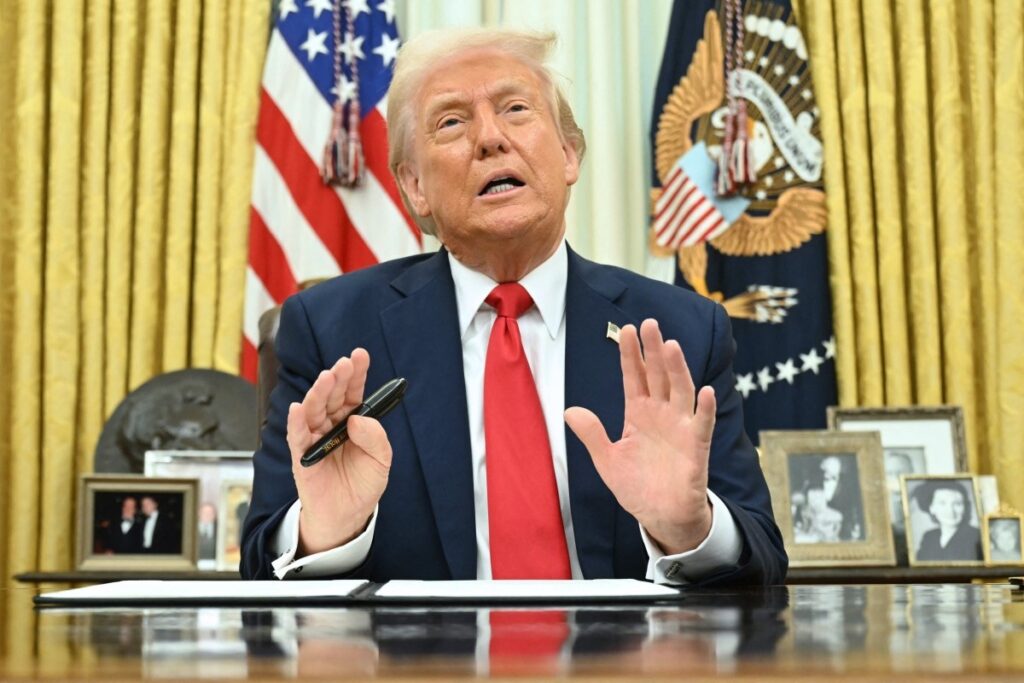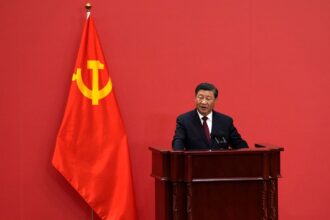
WASHINGTON, June 4 (Reuters) – U.S. President Donald Trump has signed a new proclamation barring citizens of 12 countries from entering the United States, citing national security concerns tied to terrorism and immigration system vulnerabilities.
The proclamation, which takes effect on June 9, 2025, at 12:01 a.m. EDT, is part of a broader immigration crackdown in Trump’s second term. The affected countries include: Afghanistan, Myanmar, Chad, Congo Republic, Equatorial Guinea, Eritrea, Haiti, Iran, Libya, Somalia, Sudan, and Yemen. In addition, seven other countries — Burundi, Cuba, Laos, Sierra Leone, Togo, Turkmenistan, and Venezuela — will face partial travel restrictions.
In a video statement posted on X, Trump said:> “We will not allow people to enter our country who wish to do us harm.”The proclamation states that visas issued before the effective date will remain valid, but future entries from the affected countries will be restricted unless security concerns are resolved. Trump also noted the list is subject to change and could expand.
The African Union Commission voiced concern over the ban’s impact on educational exchanges, business ties, and diplomatic relations. In response, Chad’s President Idriss Deby ordered a suspension of visa issuance to U.S. citizens, while Congo Republic spokesperson Thierry Moungalla rejected his country’s inclusion, calling it a “misunderstanding.”> “Congo is neither a terrorist state, nor does it harbor any terrorists,” Moungalla said.
The move marks a return to Trump’s controversial 2017 travel ban on several Muslim-majority countries, a policy upheld by the U.S. Supreme Court in 2018. That ban was later repealed by President Joe Biden in 2021, who described it as “a stain on our national conscience.”
Explaining the rationale for the new directive, Trump said countries on the list were chosen due to the presence of terrorist organizations, failure to share security information, poor traveler vetting processes, and high rates of visa overstays. He referenced a recent incident in Boulder, Colorado, where an Egyptian national, Mohamed Sabry Soliman, allegedly threw a gasoline bomb into a crowd of pro-Israel demonstrators.
Soliman, who had overstayed his visa, was not from a country on the ban list, but Trump cited the case to emphasize the dangers of lax immigration enforcement.> “We cannot have open migration from any country where we cannot safely and reliably vet and screen those who seek to enter the United States,” Trump said.
Source : https://www.reuters.com/








